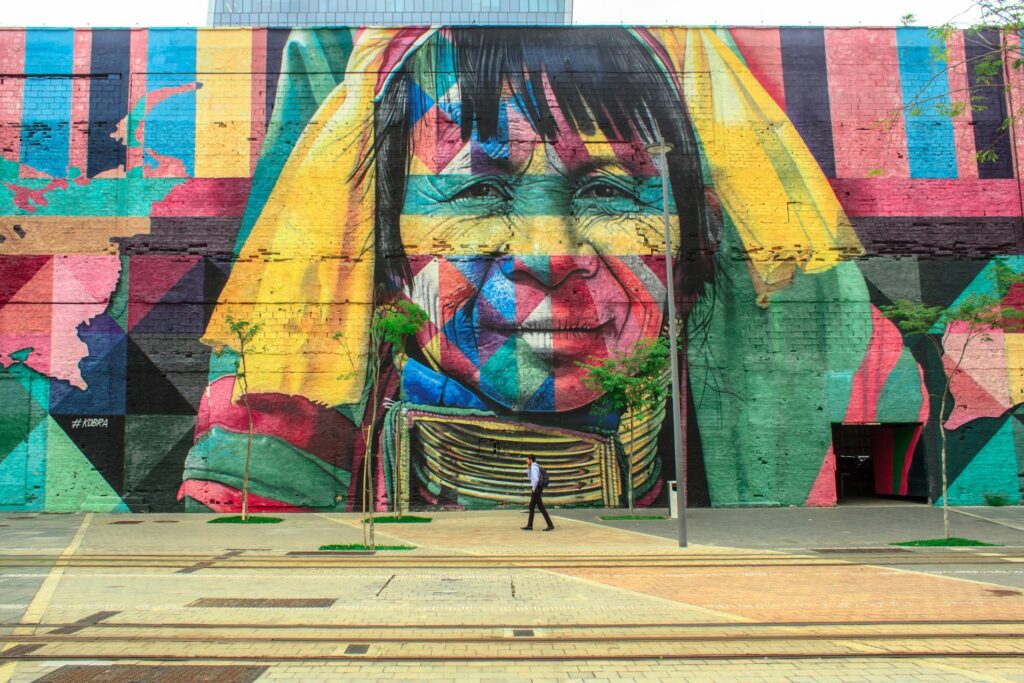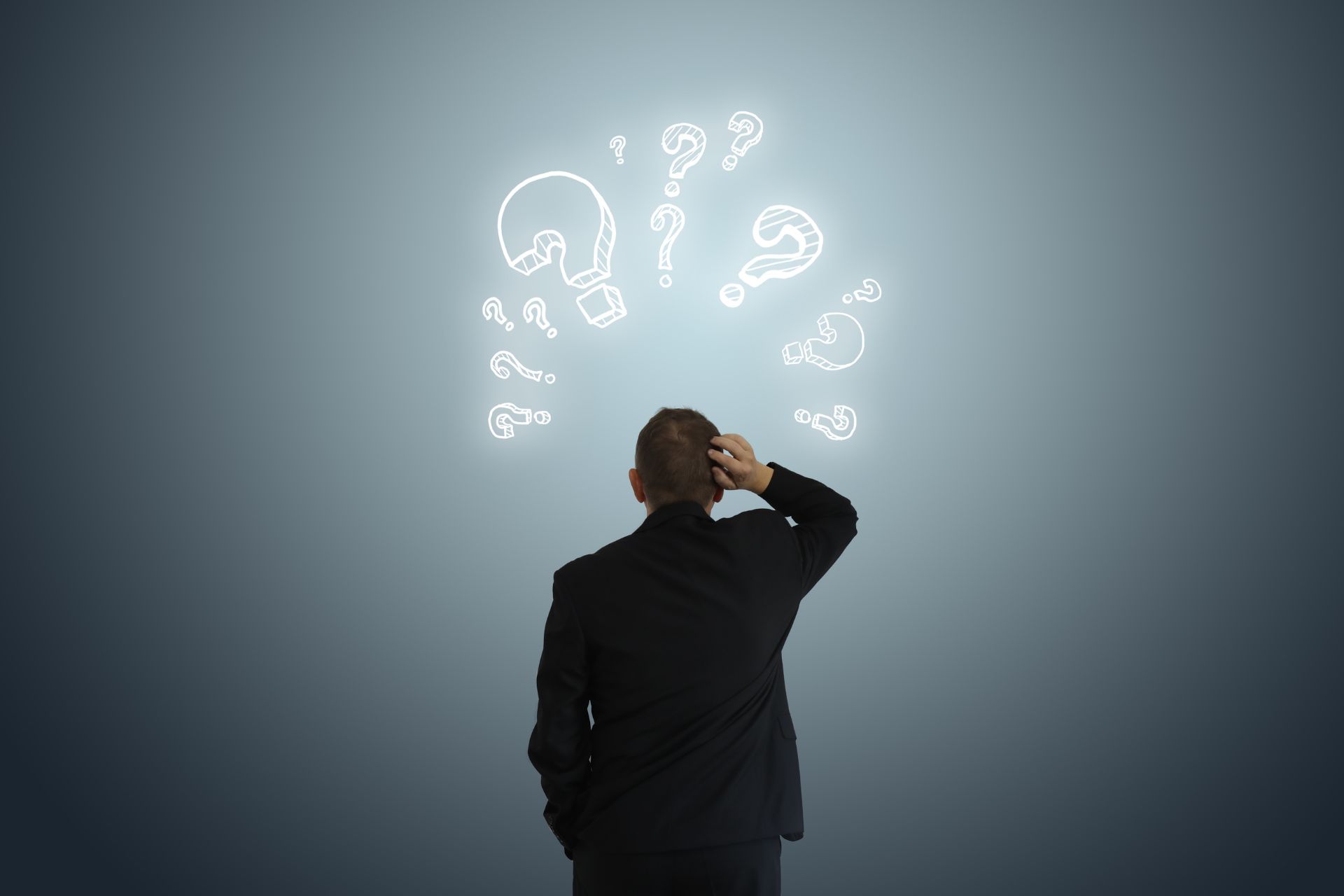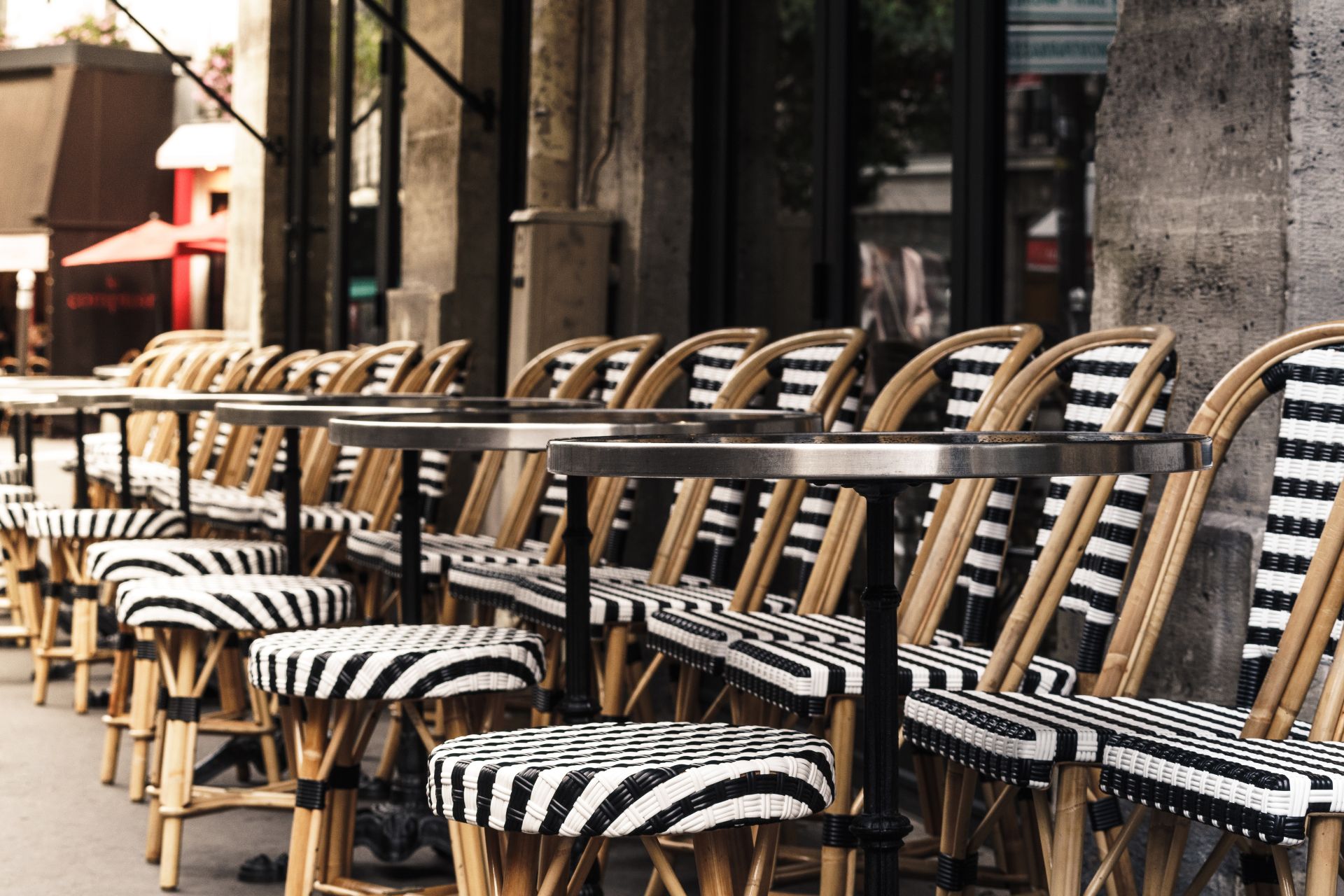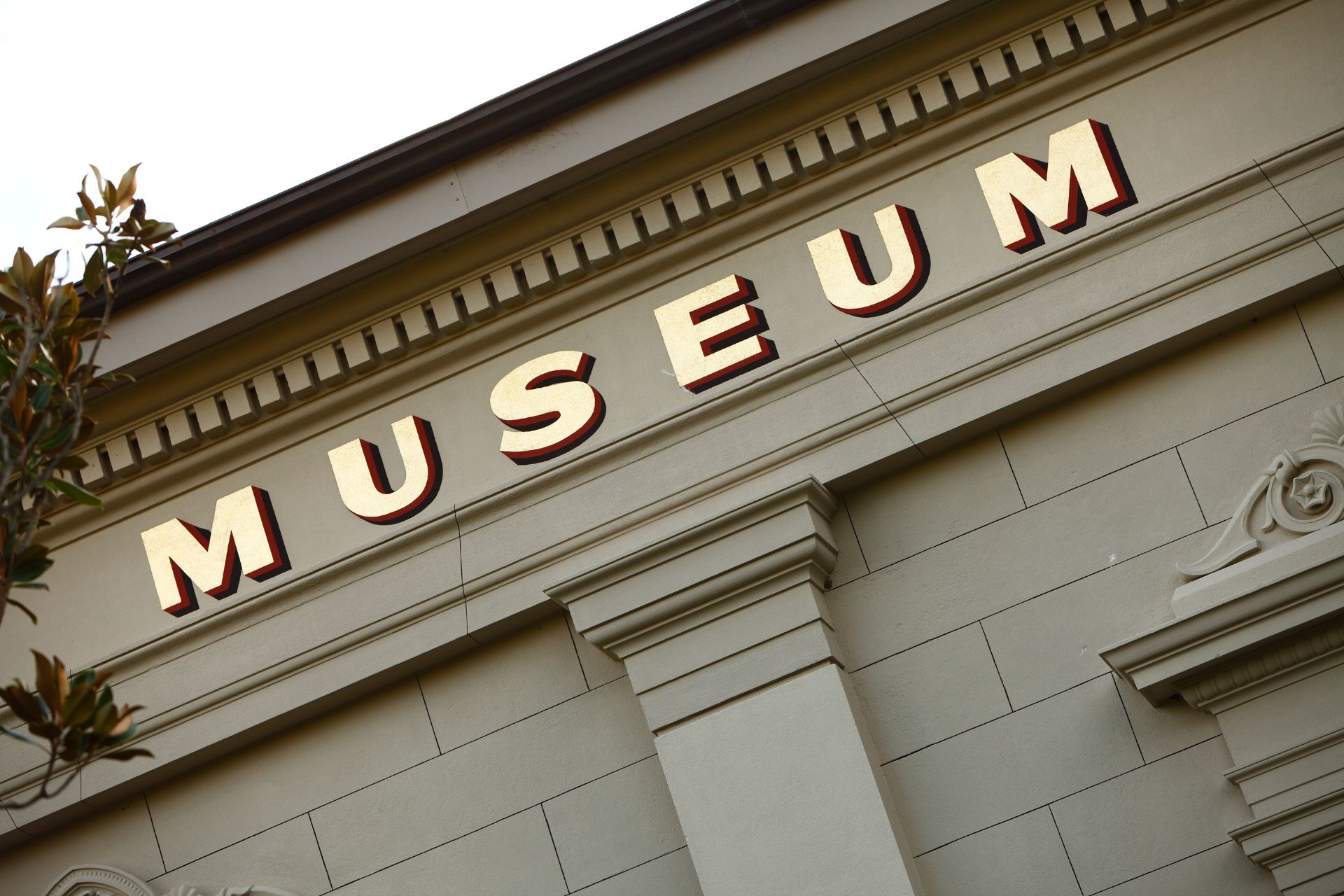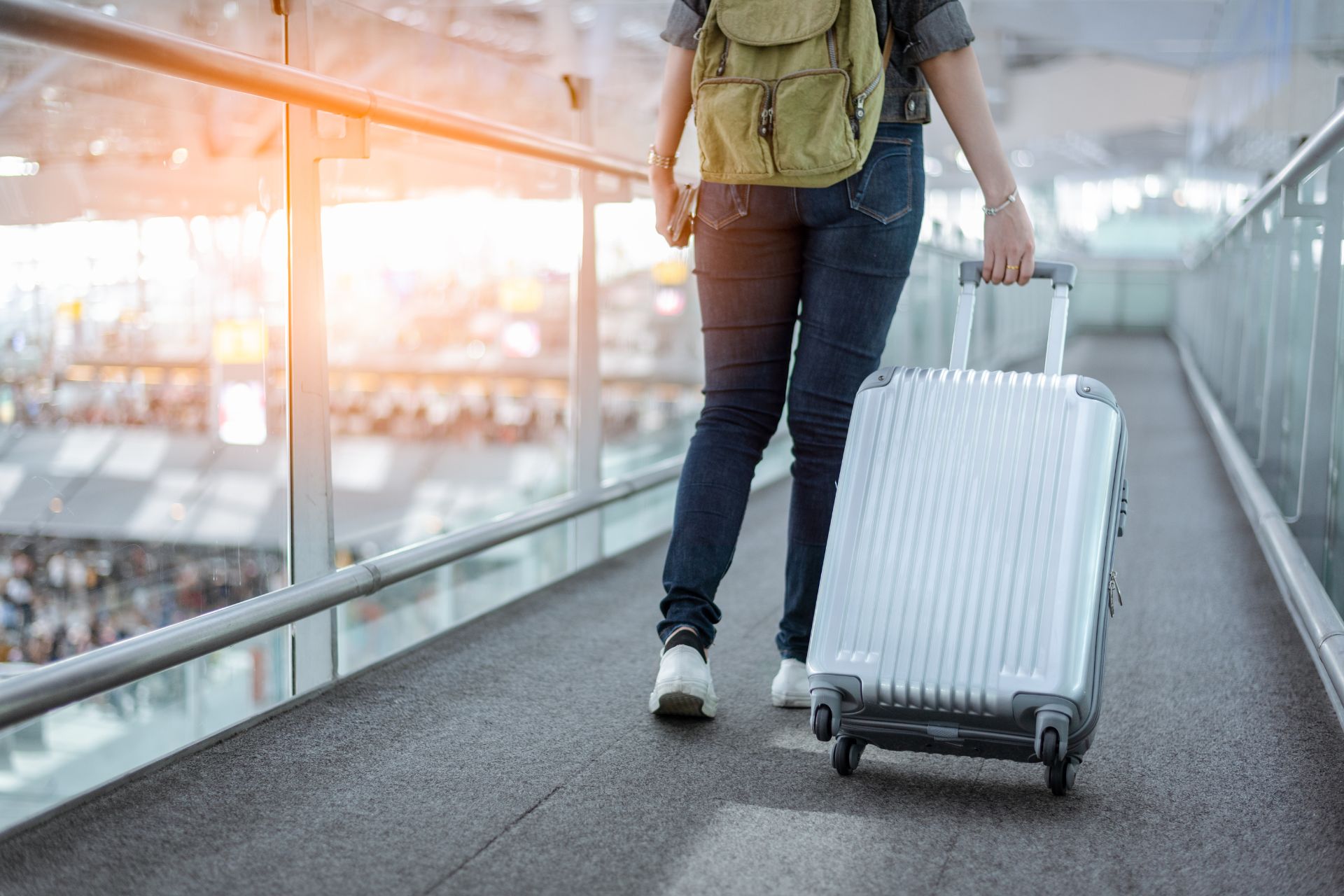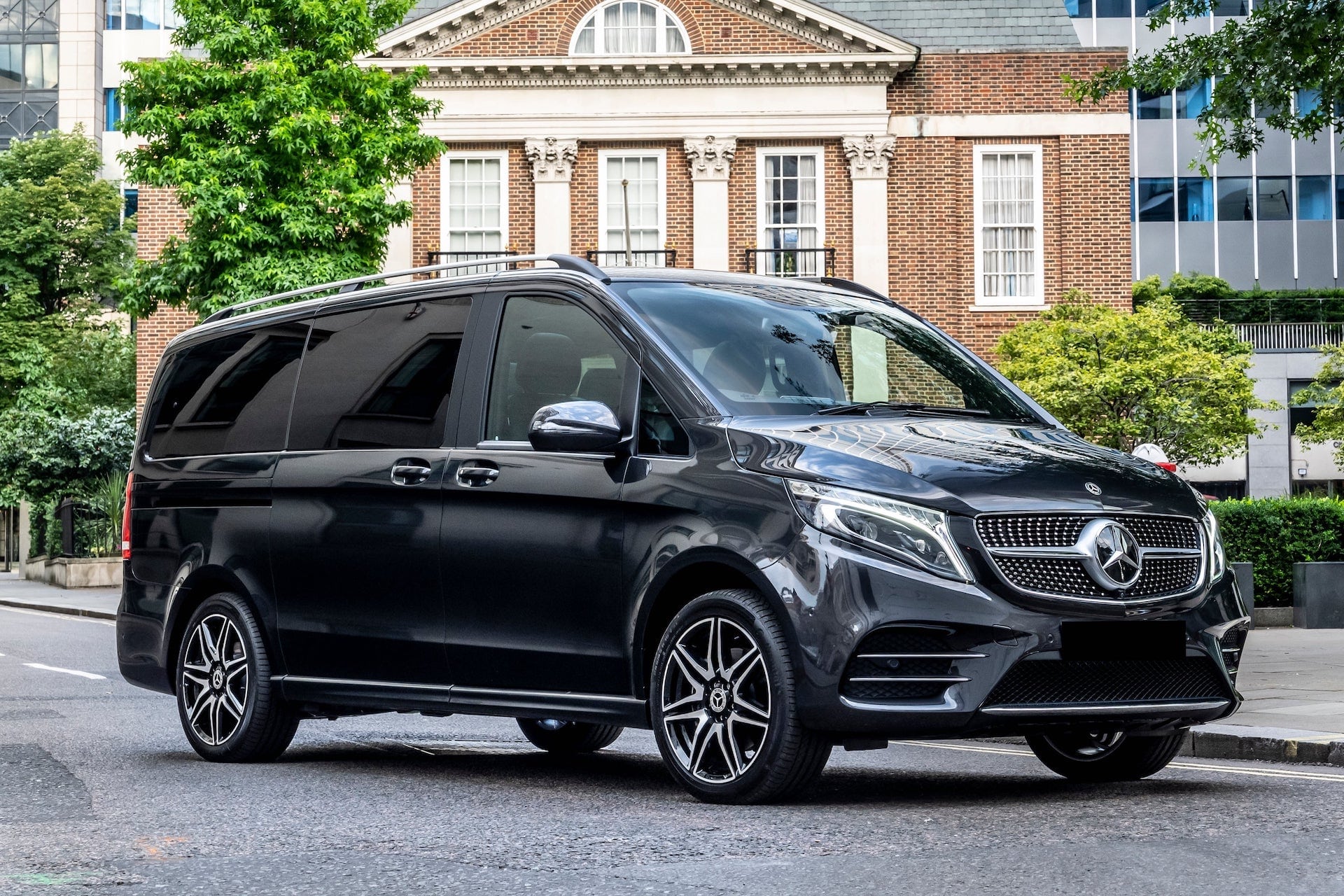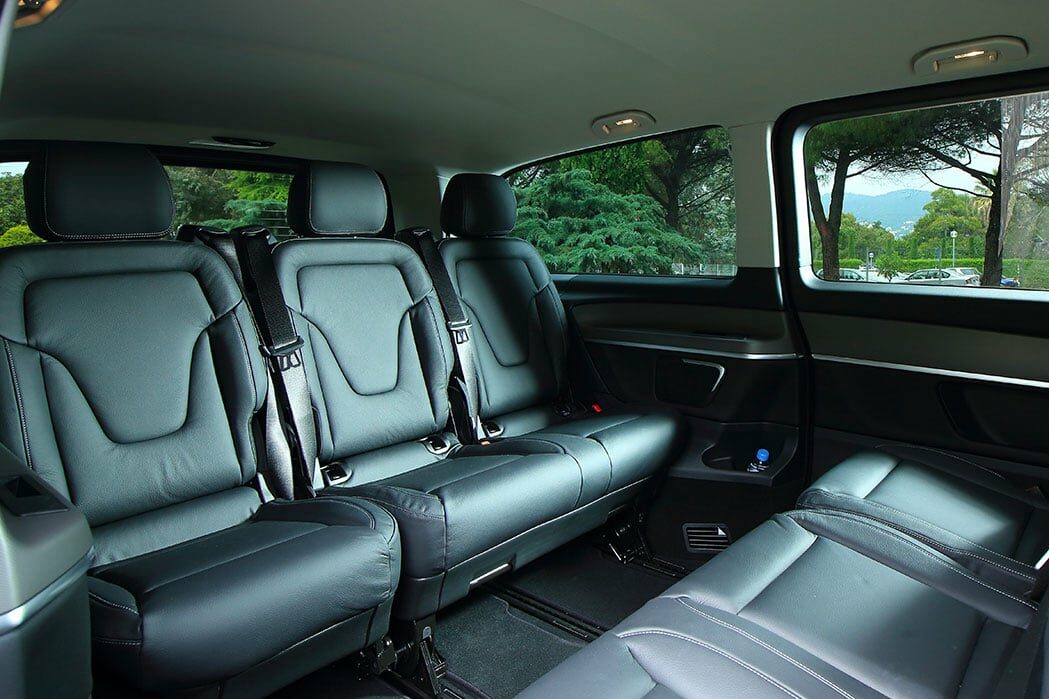The success of a trip largely depends on careful planning. Anticipating different aspects of your stay will allow you to have a smooth and enriching experience. Here are 18 key questions to consider before departure, covering essential topics such as the destination, budget, accommodation, transportation, health, culture, communication, activities, luggage, and administrative formalities.
Choosing the Destination
What is the country’s security situation?
Before choosing your destination, it is crucial to check the security situation of the country. Refer to official travel advisories from relevant authorities to assess potential risks and make an informed decision.
What are the entry requirements?
Find out about the country’s entry requirements: Do you need a visa? Does your passport need to be valid for a certain period after arrival? These key details help prevent any issues at the border, especially when arriving at airports or train stations.
Are there specific health recommendations?
Some destinations require specific vaccinations or health precautions. Check health recommendations to ensure a safe trip and schedule necessary vaccinations well before departure.
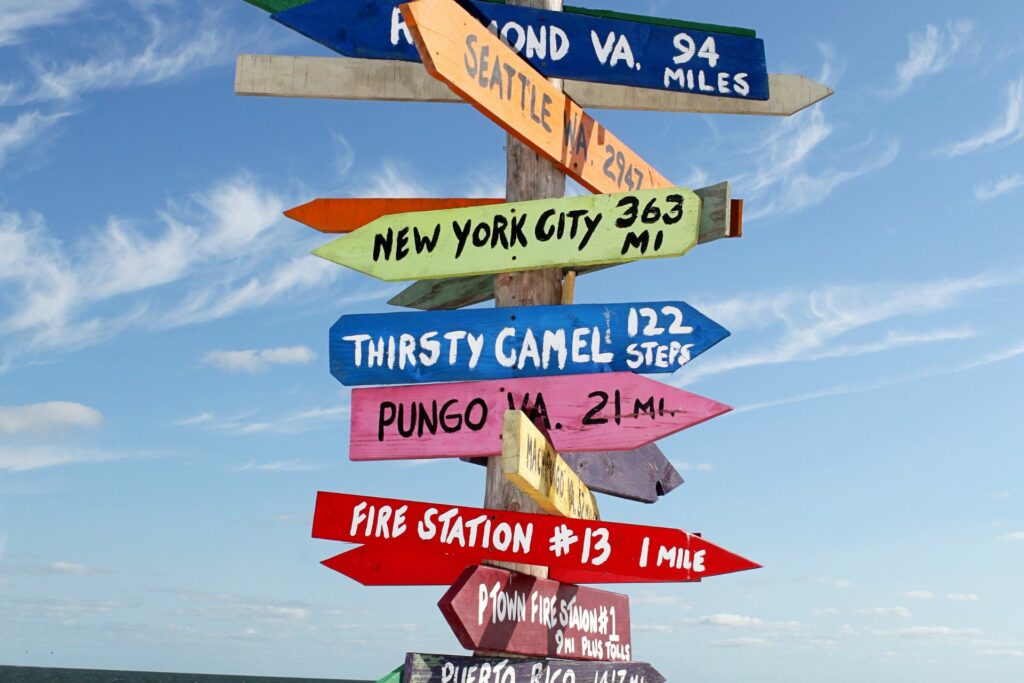
Budget and Finances
What is the cost of living at the destination?
Estimating the cost of living in your chosen country will help you plan your daily budget. Consider expenses for accommodation, food, transportation, and activities to avoid unpleasant surprises.
What is the local currency and exchange rate?
Research the currency used in the country and the current exchange rate. It may be beneficial to exchange some money before departure or arrange low-cost withdrawal options abroad.
What payment methods are accepted?
In some countries, credit cards are not widely accepted. Find out about common payment methods and ensure you have alternatives, such as cash or mobile payment apps.
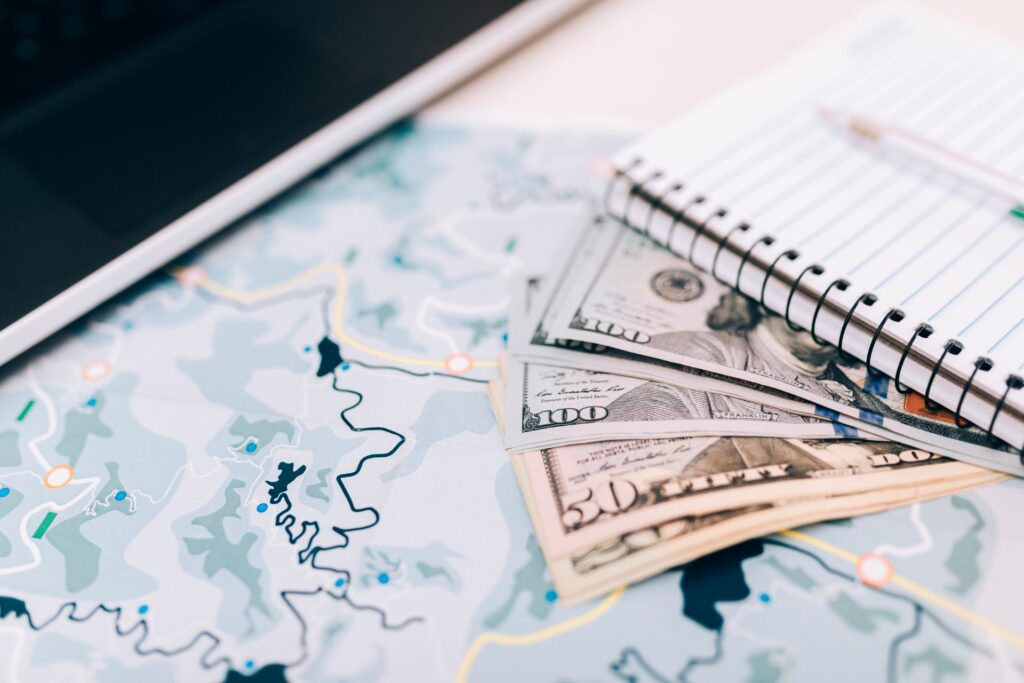
Accommodation
What types of accommodations are available?
Depending on your preferences and budget, explore different accommodation options: hotels, hostels, apartment rentals, homestays, etc. Each offers a unique experience and varying levels of comfort.
How does availability vary by season?
Accommodation demand fluctuates with tourist seasons. Booking in advance, especially during peak travel periods, ensures availability and often secures better rates.
Are past traveler reviews positive?
Check reviews from previous travelers on dedicated platforms to get an accurate idea of accommodation quality. These insights help you avoid unpleasant surprises and choose the best place to stay.
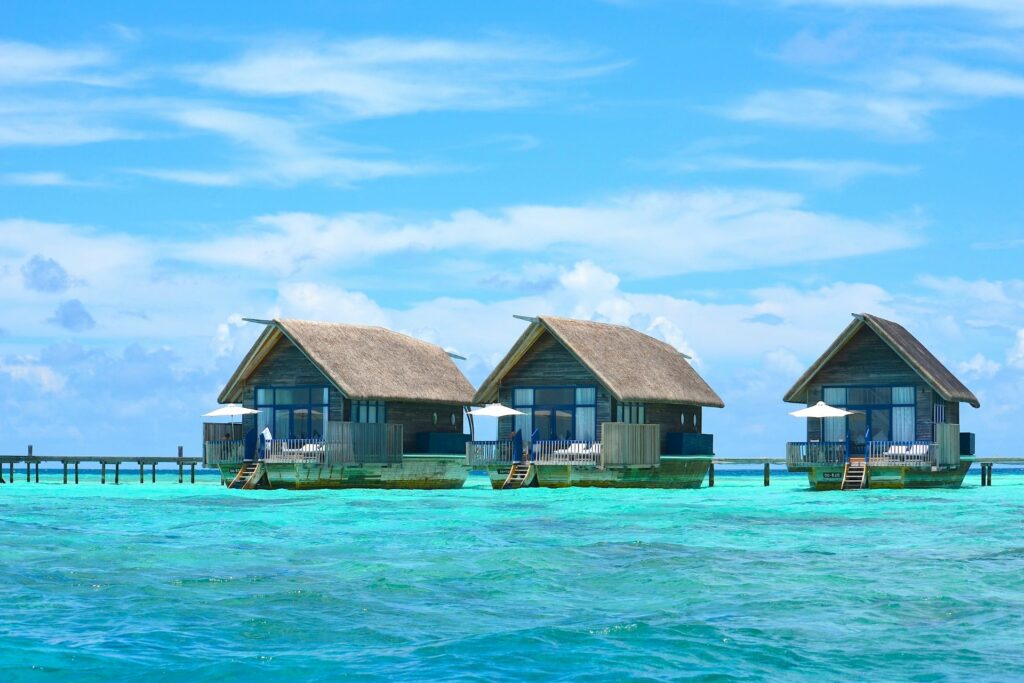
Transportation
What are the travel options to the destination?
Compare different ways to reach your destination: plane, train, bus, ride-hailing services, etc. Consider cost, travel time, and comfort to select the most suitable transportation method.
How can you get around locally?
Once there, research available transportation options: taxis, shuttles, minibuses, limousines, car rentals, etc. This information helps you plan daily travel smoothly, including transfers between stations, stops, and airports.
Are the road infrastructures safe?
If you plan to drive, check road conditions, traffic rules, and local driving laws. In some places, hiring a chauffeured vehicle, private driver, or shuttle service might be a safer and more comfortable option. For longer journeys, consider booking a sedan or coach for a stress-free round trip.
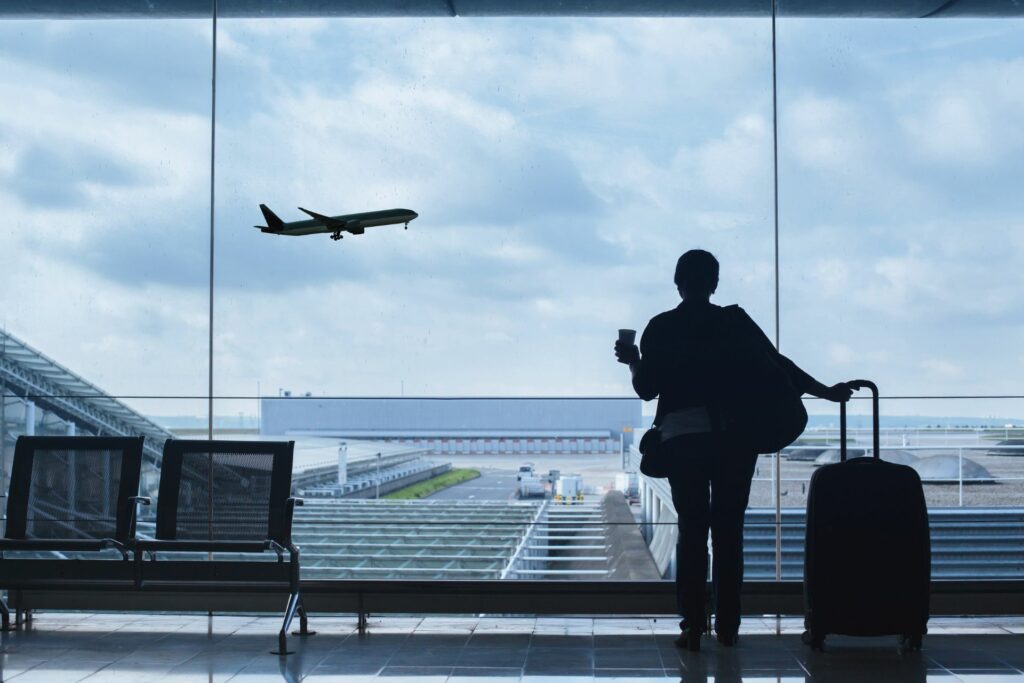
Health and Safety
Is tap water safe to drink?
In some destinations, tap water is not drinkable. Plan alternatives such as bottled water or water purification devices to avoid health issues.
What are the local emergency numbers?
Keep a list of the country’s emergency numbers (police, ambulance, fire department) in case of need. Also, note the address and contact details of your country’s embassy or consulate.
Are there specific natural disaster risks?
Check for potential natural disaster risks (earthquakes, hurricanes, floods) in the region. This knowledge allows you to take precautions and react appropriately in an emergency.

Culture and Customs
What languages are spoken?
Knowing the official and local languages will help you communicate better and integrate more easily. Learning a few basic phrases in the local language is often appreciated and can make daily interactions smoother.
Are there specific dress codes to follow?
In some countries, specific dress codes apply, particularly when visiting religious or cultural sites. Research these to adapt your wardrobe and show respect for local customs.
What are important local traditions?
Familiarize yourself with the country’s traditions to avoid cultural misunderstandings and show respect for locals. Participating in local events can also enrich your travel experience. To explore further, consider booking guided tours that match your schedule and interests.
